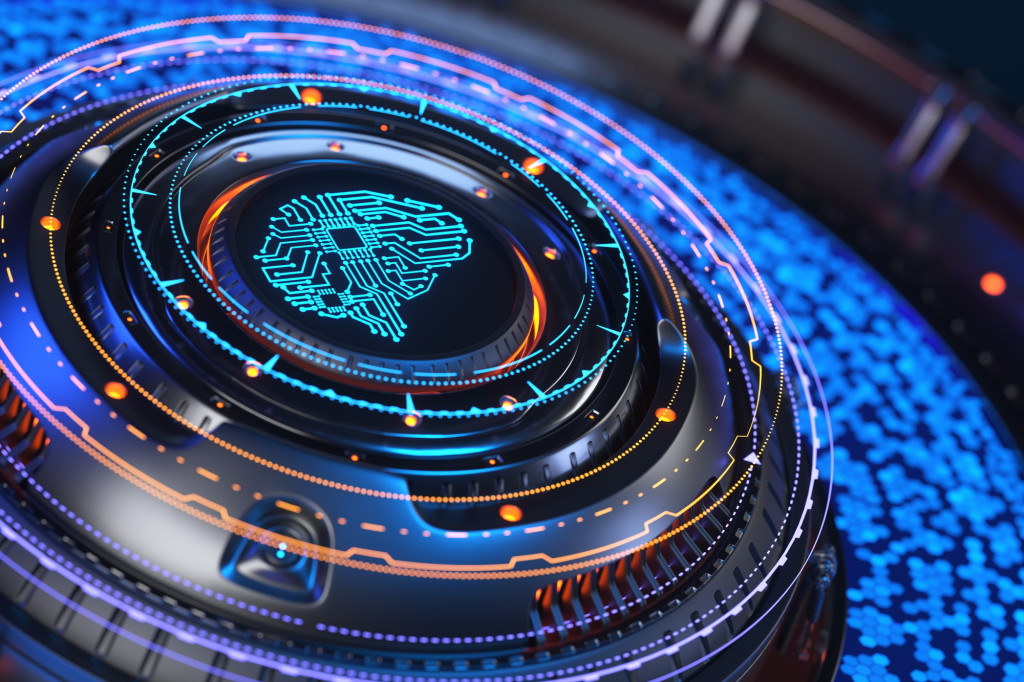EUIPO study highlights legal gaps and policy needs in AI and copyright governance
The EUIPO’s work is part of a broader European strategy to lead the global conversation on AI governance, not only through regulation but also through practical support mechanisms.

The European Union Intellectual Property Office (EUIPO) has published a study on the copyright implications of generative AI (GenAI), marking a significant step in the EU’s broader effort to shape AI regulation in line with its intellectual property framework. The study will be presented before the European Parliament’s Legal Affairs Committee (JURI) on Monday and is expected to inform ongoing policy discussions about the legal status and governance of AI-generated content.
The study, produced in cooperation with the University of Turin and the Nexa Center for Internet & Society, provides a comprehensive analysis of how GenAI systems interact with copyright at both the input and output stages, from the use of copyrighted data in training models to the distribution of synthetic content. The report identifies critical regulatory shortcomings and calls for public intervention to safeguard the rights of content creators.
Fragmentation in rights reservation under the TDM exception
A key issue highlighted is the lack of a unified system for rights holders to express reservations under Article 4 of the Copyright in the Digital Single Market (CDSM) Directive, which governs text and data mining (TDM). While the Directive allows creators to opt out of TDM by AI developers, the study finds that there is currently no standard mechanism – legal or technical – that effectively facilitates or enforces these opt-outs.
Various tools have emerged, such as the Robots Exclusion Protocol (REP), meta tags, content authentication standards (like C2PA), and emerging services like SpawningAI and Valuenode. However, these are fragmented, often difficult to implement, and lack enforceability. Notably, none of the available tools can independently prevent AI developers from scraping or using copyrighted material without proper authorisation.
No standard to identify AI-generated content
In parallel, the study draws attention to the absence of a common standard for identifying and disclosing synthetic content produced by GenAI systems. This is despite obligations introduced under the EU AI Act, which require providers to ensure that generative content is recognisable and traceable.
Technological solutions such as watermarking, digital fingerprinting, provenance tracking, and content detection tools have been developed, but their adoption remains uneven. These solutions vary in cost, technical robustness, human readability, and market maturity. The lack of interoperability and standardisation poses significant challenges for content verification, regulatory enforcement, and user trust.
Ongoing litigation meets emerging licensing models
While legal disputes over AI training practices and copyright continue to grow—particularly in the United States—the EU has begun to see its first cases, such as Kneschke v. LAION in Germany. Yet even as litigation unfolds, the study notes a parallel trend of private licensing agreements between rights holders and AI developers.
These deals reflect both the increasing demand for high-quality training data and a growing awareness among content creators of new monetisation opportunities. Licensing markets are beginning to develop, particularly in sectors like publishing, where retrieval-augmented generation (RAG) systems can integrate licensed content for commercial use.
However, the study cautions that without standardised practices and transparent market rates, smaller rights holders may be excluded from negotiating fair terms.
A role for public authorities
In response to these challenges, the EUIPO study calls on public institutions to step in. It recommends the establishment of federated rights reservation databases that would allow rights holders to register and manage their opt-out preferences in a structured and machine-readable format.
The EUIPO also plans to launch a Copyright Knowledge Centre by the end of 2025, which will provide guidance, resources, and tools for creators, developers, and policymakers navigating the intersection of AI and copyright.
Furthermore, the study urges institutions to support awareness efforts, facilitate licensing dialogue, and develop common standards for transparency in both data inputs and generative outputs.
Striking a balance between innovation and rights
As the GenAI ecosystem evolves, the study emphasises the need to strike a fair balance between the development of AI systems and the protection of creators’ rights. Without clearer frameworks, technical solutions, and public infrastructure, both innovation and rights enforcement risk being undermined.
The EUIPO’s work is part of a broader European strategy to lead the global conversation on AI governance, not only through regulation but also through practical support mechanisms. This study is a foundational step in that direction, laying the groundwork for future legal, technical, and institutional responses to the rapid transformation of the creative economy.


